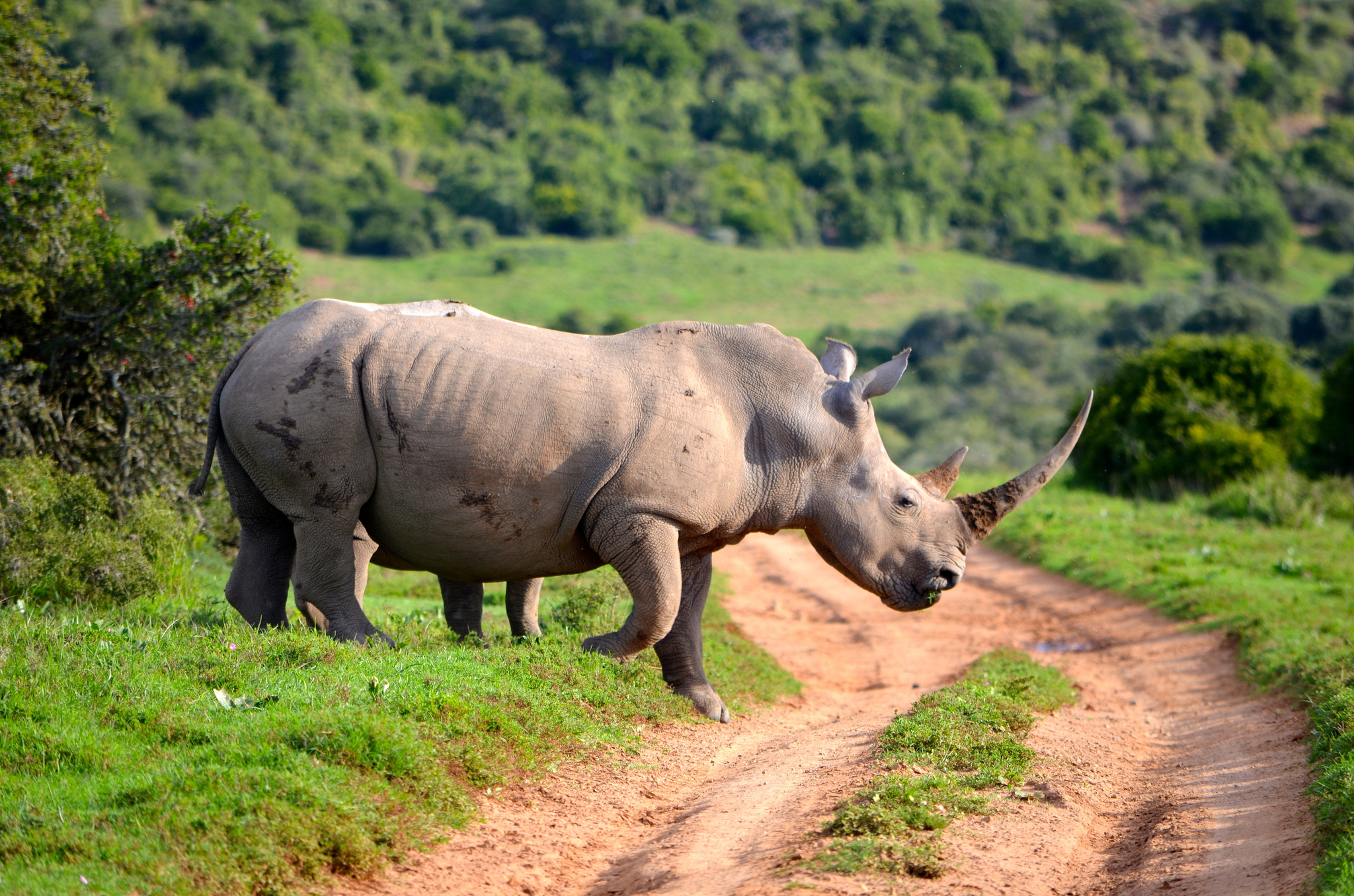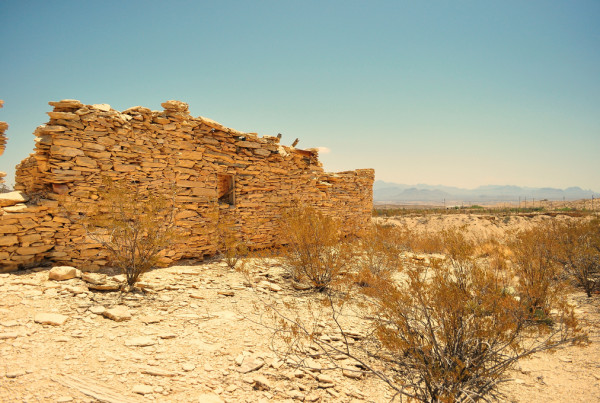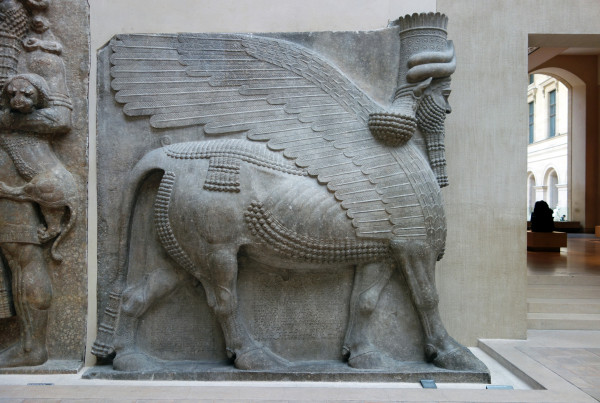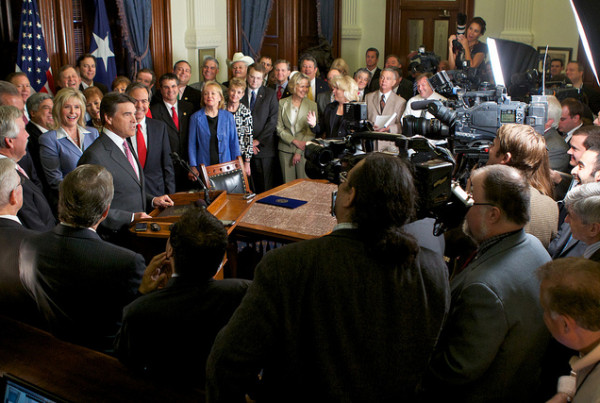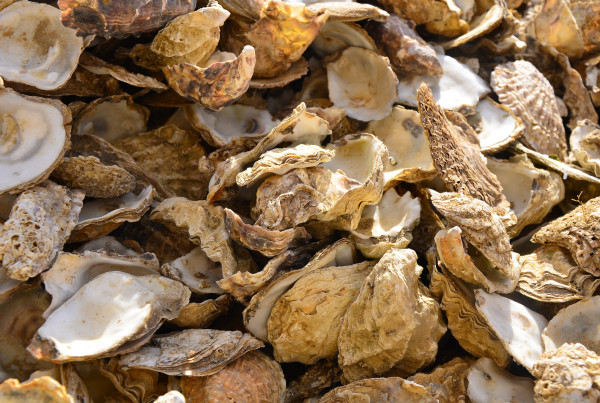Rhino hunting is an escalating problem in South Africa, where the country’s Department of Environmental affairs reports more than 1,200 rhinos were poached last year. A decade ago, that number was just 13.
Still, the arrest rate for illegal poaching in South Africa stands at about 30 percent. Rhino poaching has become such challenge in sub-Saharan Africa that some say it may be time for the animals to find a new place to call home. Charly Seale is the director of the Exotic Wildlife Association, based in Ingram, Texas.
“Project 1000 is a combined effort between the US government and the South African government,” Seale says. “So this would be an effort to take orphaned Rhinos whose mother has been killed and take them to a safe environment.”
Seale says that safe environment is in south Texas – the plan isn’t exactly new though. The Exotic Wildlife Association has successfully imported endangered species to Texas before; Animals like antelopes, oryx and gazelles have found a safe haven in the state. Seale says the climate is similar to that of South Africa’s and that makes it more likely the animals could acclimatize enough to breed. Seale’s goal is to eventually send animals back home to Africa.
The plan is not without its critics though. Some, like Pricilla Feral of the Friends of Animals animal rights organization in Connecticut, says the idea is misguided.
“First of all, you’re going to have some damage to animals in the capture and the transport, and the adjustment, all of that,” Feral says. “Why would you put an animal at risk in it’s non-native habitat for the purpose of surviving in it’s own habitat? Just leave it the heck alone.”
But with an estimated fewer than 30,000 rhinos left in all of Africa, some experts say it’s time for creative thinking. Alexis Wilson is the director of communications at the Fort Worth Zoo.
“The dream is big, but no dream is too big when the threats are as great as they are for Black Rhinos,” Wilson says. “We need to be looking far beyond anything that we are doing right now, because the threats are becoming bigger every single day. So our dreams need to outpace the threats.”
The Ft. Worth Zoo is meeting with members of the Exotic Wildlife Association this June to discuss how to best put the plan into action.


